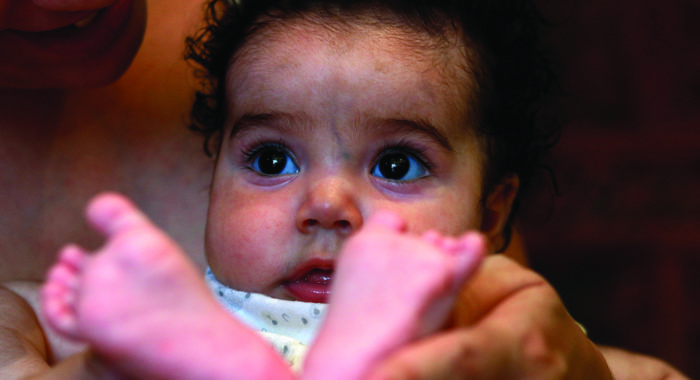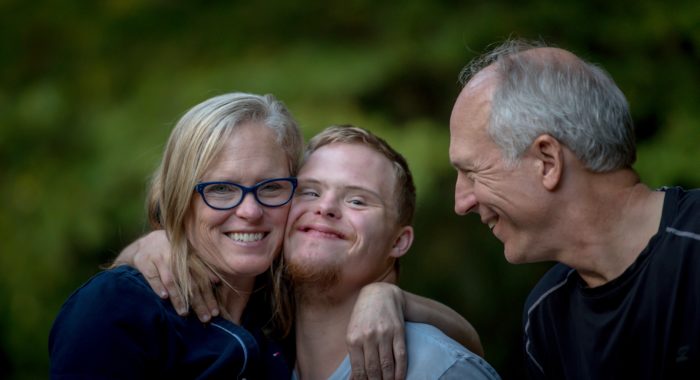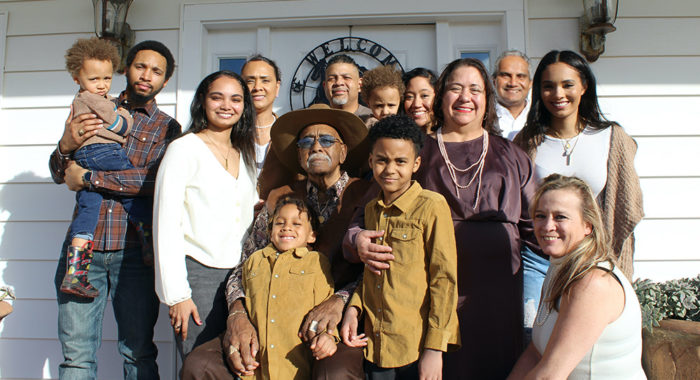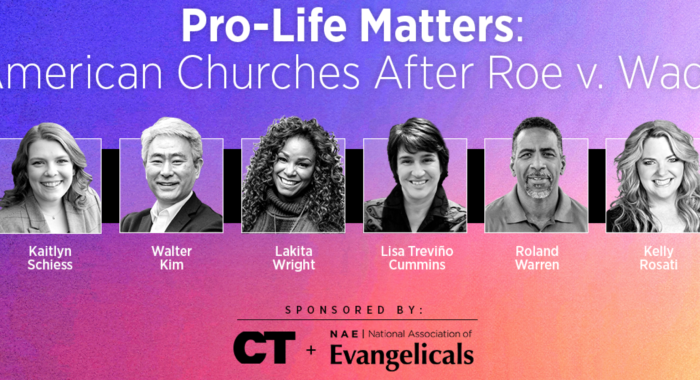We know from embryology that from the moment of fertilization, a new and distinct human organism is formed. As unborn humans grow, their personhood — inherent since fertilization — becomes even more obvious thanks to technological advances. Ultrasound imaging allows expectant parents to peer into the sacred place to see what was previously unseen: the faces of their unborn children.
We know from the Holy Scriptures that each one of these unborn babies, like all people, is fearfully and wonderfully made (Psalm 139). Evangelicals believe every person, born and unborn, bears the image of God (Genesis 1:27). As believers, we are called to speak up for those who can’t speak for themselves (Proverbs 31:8). Because of these truths, human rights for unborn children should be guaranteed in a just society.
Now that Roe is overturned, there are many needs and there is much more work to be done. Many evangelicals have yet to enter the arena in a way that costs them something besides screen time, political votes and an occasional fundraising walk. That must change for us to save lives.
It is Scripturally obvious that we need to advocate for life holistically, at every stage — from womb to tomb — because every person is made in God’s image. Why would we suggest advocacy to ensure the unborn child has a right to life, but then not advocate for that same child’s right to stay alive with clean water, nutrition and basic health care? Without those things, children die preventable deaths.
To take that approach is to advance a truncated pro-life ethic. With a limited pro-life witness, we fail to win over those in the middle on abortion. And without them, unborn lives will continue to be snuffed out in horrifying numbers, even in a post-Roe world.
We must work to provide women facing unexpected pregnancies all the support they need to choose life, and we must do this on a much larger scale than currently exists. Sensible public policies such as paid family leave and an improved child tax credit can help. Solutions need to be serious and creative and include public-private, faith-based partnerships.
To advocate well, we need every pro-life evangelical off the sidelines, living pro-life not just talking or voting pro-life. The next wave of the pro-life movement must be more broadly characterized by our actions and lives rooted in love, not by our words and votes alone. By the grace of God, we can do that.
Write Congress about the child tax credit ![Arrow]()
Kelly Rosati is the CEO of KMR Consulting. Prior to this role, Rosati was the vice president of advocacy for children for Focus on the Family. An attorney by training, she was executive director of Hawaii Family Forum for 10 years where she advocated for Hawaii’s children and families in the legislature and media. Rosati received her undergraduate degree from Marquette University and graduated cum laude from the University of Nebraska College of Law.




 View All Articles
View All Articles 






























